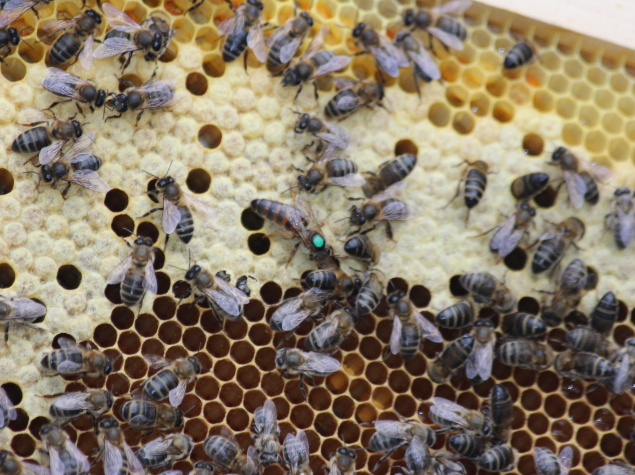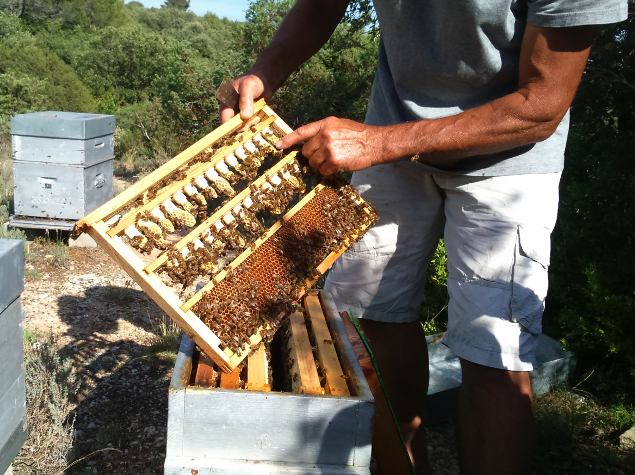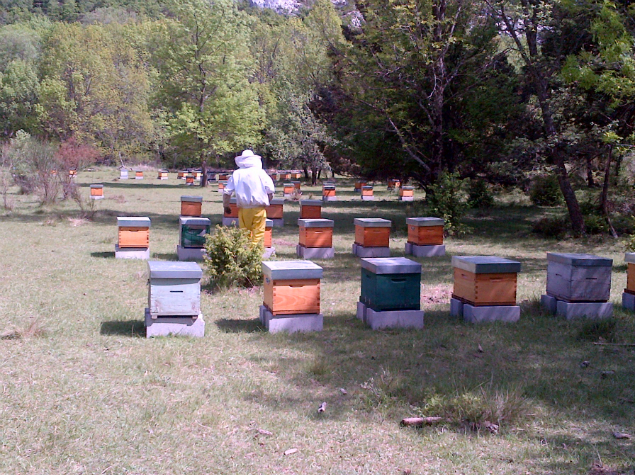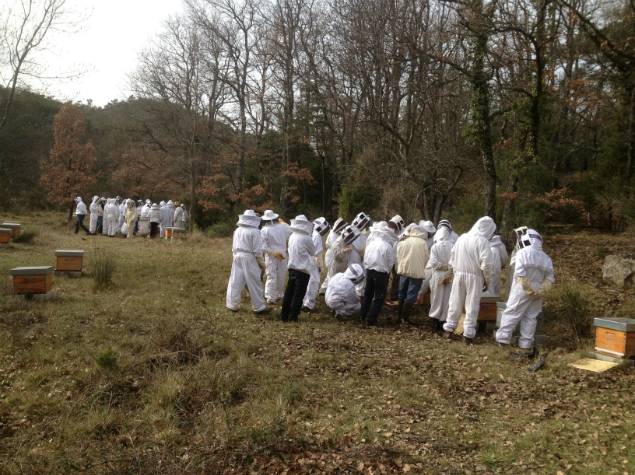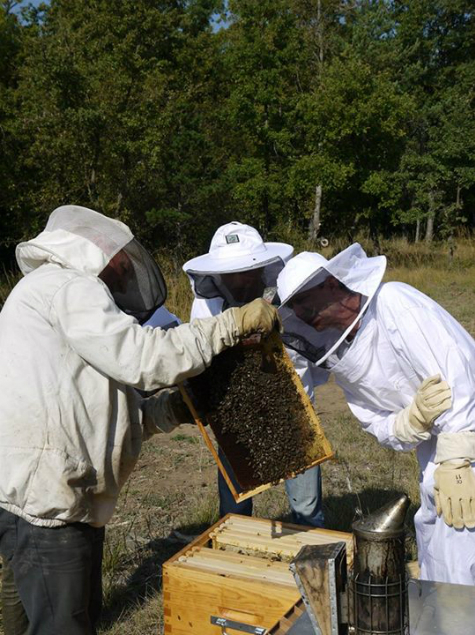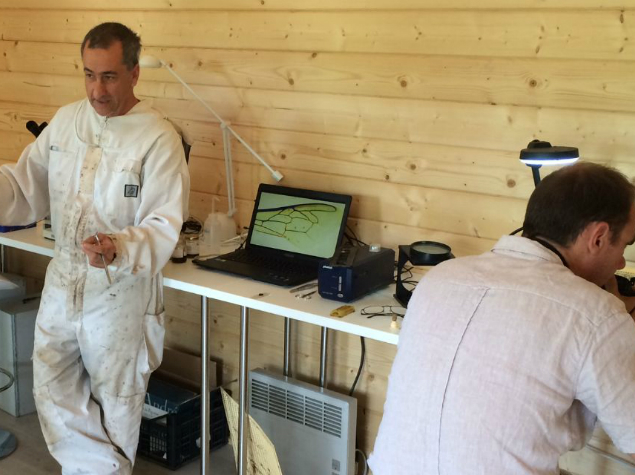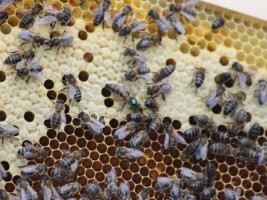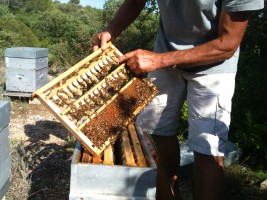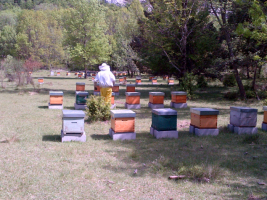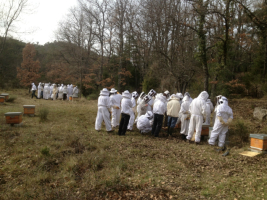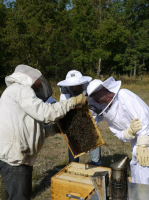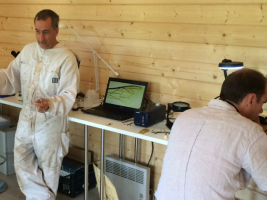Sainte Baume Experimental Bee Farm
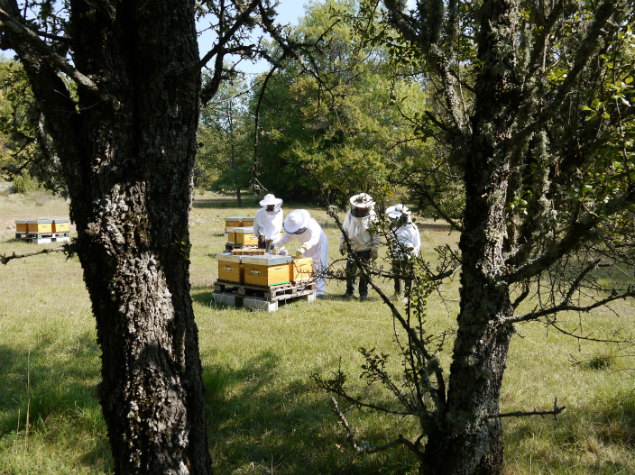
To address the numerous problems currently facing beekeepers, particularly increased colony mortality, solutions urgently need to be found so that bee populations can be increased. The current supply of queen bees and colonies is woefully inadequate to meet the need for bee farms to replenish and expand their colonies. Indeed, the supply is inadequate not only in quantitative but also in qualitative terms (origin of the queens, selection, adaptation capacity, resistance to disease, etc.)
In 2013, the University of Reading (UK) published a report which concluded that Europe has 13.4 million too few honeybee colonies – including 3.9 million in France – to properly pollinate its crops and maintain agriculture across Europe.
France alone is short of around 800 000 hives, if only to make up the annual deficit in colony numbers. These hives should be used solely for pollination of crops and orchards.
While pesticides are one of the main causes of what is known as Colony Collapse Disorder, it is unrealistic to expect pesticides to be eliminated entirely.
The aim of this project is to improve the characteristics of the Black Bee of Provence and to evaluate its performance at the test site, which will be the Sainte Baume Experimental Bee Farm, so that a well-adapted and productive bee can ultimately be made available to the region’s beekeepers.
By 2015, thanks to the Test Centre, the Observatoire Français d’Apidologie aims to produce and deliver 1000 high-quality colonies and 3000 high-quality queen bees, raised on a single plot consisting of several hundred hectares of undeveloped land in the Sainte Baume massif (village of Mazaugues in the Var department. This private land is protected from any pesticide contamination, with no farming within a range of 15 kms.
OFA’s objective is to:
- Contribute to development of the beekeeping sector.
- Demonstrate that the sector is economically viable.
- Train and help young beekeepers/apidologists raising bee colonies to set up in business
- Support applied research and veterinary studies.
Final report summary (January 2015):
To date, the Centre is fully operational and has already conducted the first attempts of queen bees rearing. A technician from the Centre for the conservation of the black bee (located in Porquerolles) works full-time on the Sainte Baume local strain and on a Centre’s own strain.
Concerning finances, the total budget increased from €40,000 to €52,850 because :
- The hives used were more expensive (hives having two colonies in the same structure).
- Their number increased, from 20 to 100.
Find out more about the OFA in this video (in French) :

